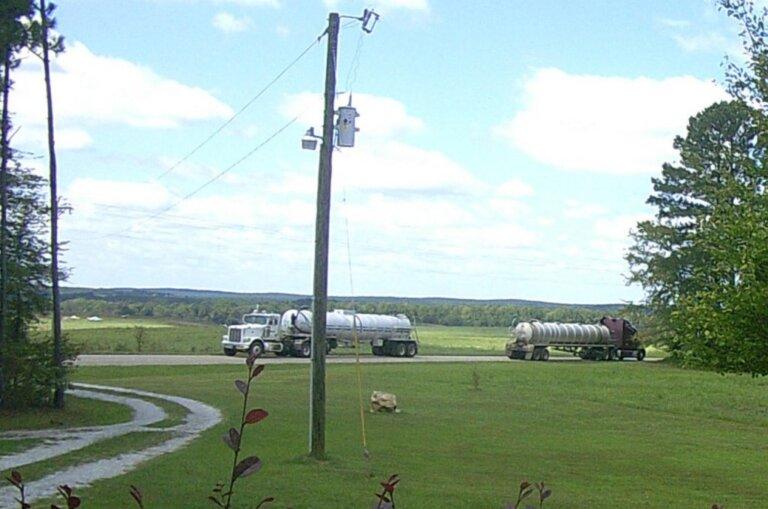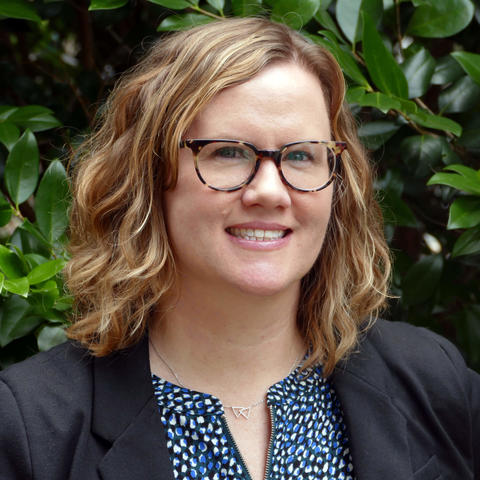
Caption
Donna Blanton of Oglethorpe County made the trip to Atlanta earlier this month to urge lawmakers to vote against a bill that rolls back the power of local officials to limit where smelly soil amendments can be spread. Trucking foul sludge, two tankers passed each other in front of Blanton's home in northeast Georgia.
Credit: Georgia Recorder/Contributed

